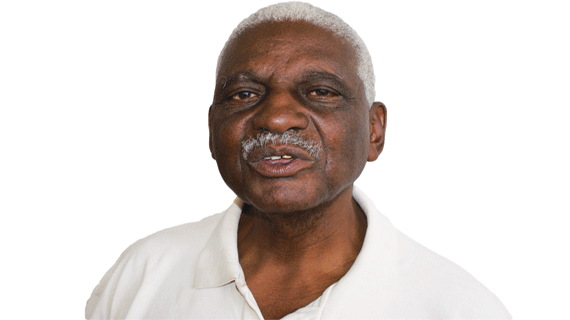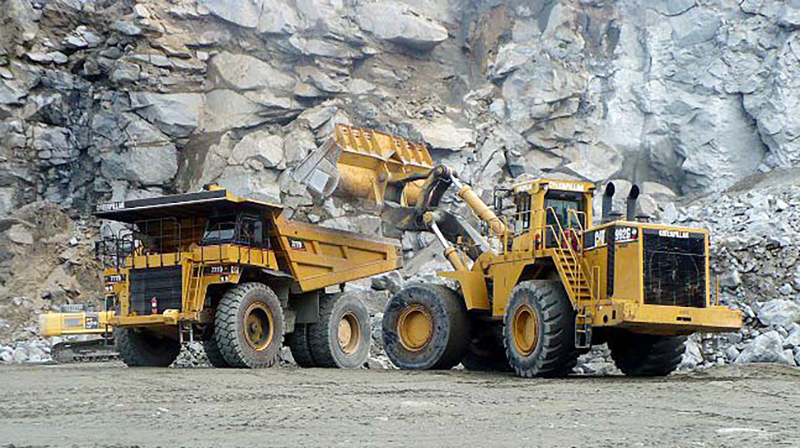
SOME words are quite confusing in any language. It may be because they are synonyms or their sounds or meanings are very close however it is important to distinguish the correct word from another similar one.
The first sets of words we will deal with today are qanda, makhaza and godola. These words do not mean the same thing although many people confuse their use. We shall try to show the differences in their meanings and use.
The word godola is subjective in the sense that it is the speaker who uses it. You say ngiyagodola because you feel the cold. It is not used to explain the weather condition like lamuhla kuyagodola that is wrong the word to explain the weather is qanda. You say lamuhla kuyaqanda, not kuyagodola.
You say mina ngiyagodola ngoba kuyaqanda. The song . . . ngiyagodola, uses the word correctly. The singer feels cold, therefore uyagodola. So we should always say ngiyagodola.
The word makhaza explains the weather conditions. It is very similar to qanda and may be used with it interchangeably. You may say izolo bekuqanda or bekumakhaza. Izolo ebusuku bekuqanda.
This is the same as saying bekumakhaza. It would be seen therefore that the words qanda and makhaza are very similar in meaning.
The following sentences show the role use of these words:
- Ebusuku bekugodola kakhulu,
- Ha, phandle kuyagodola kakhulu.
The following sentences show the correct use of these words:
- Chamisa under fire over US$120K donation
- Mavhunga puts DeMbare into Chibuku quarterfinals
- Pension funds bet on Cabora Bassa oilfields
- Councils defy govt fire tender directive
Keep Reading
- Ngigodole ngaze ngagqoka ijazi.
- Wala ukuphuma endlini ngoba phandle kwakuqanda.
- Kulamayezi, kusasa kuzaba makhaza.
This reminds us of what we have said before about woza and buya.
These words do not mean the same thing. When the singer says, kumakhaza, sondela bhoyi, the response is Woza.
In this case woza is used correctly because it means come.
It would be wrong to say buya. You buya if you have been there before then you went away and you are now invited to come again.
The same is true of the words khwela and gada which have been dealt with before. Gada is used for riding upon something eg gada ibhasikili, gada idonki etc. But khwela is used for going up something like khwela isihlahla, khwela intaba etc. We never say gada isihlahla or gada intaba. However there are some actions that are neutral such as wakhwela ibhasi eya koBulawayo or wagada ibhasi eya koBulawayo. Ngagada isitimela ngaya kwehla eStanmore or ngakhwela isitimela ngayakwehla eStanmore.
In a related discussion in the past we explained the correct use of the words ngenisa and faka.
The word ngenisa means to put inside like ngenisa imbiza leyo endlini or ngenisa abantu bemzini endlini.
But faka implies that you are pushing something in like faka uhali enalithini similar to ngenisa, but you don’t say faka abantu bemzini endlini because faka really has the idea of something that you carry or hold.
That is why mother can say faka imbiza eziko.
This is like another word similar to these two words and that is beka.
Beka, however, has the idea of putting on.
You beka imbiza because you put it on the fire, it will be seen that they are slight differences in the use of these words.
The following sentences show the correct use of these words:
- Wabeka imiganu etafuleni,
- Wafaka ijesi enkulu ngoba kwakuqanda,
- Ubongenisa izigqoko zami endlini.
- In the same way we have discussed buyisa and letha.
It is wrong to say buyisa amaphepha lawo ngikutshengise rather say letha amaphepha lawo ngikutshengise.
Also it is wrong to say kuyini lokhu? buyisa lapha sibone, it is better to say letha lapha sibone.
We use the word buyisa to say bring back, like wathatha amabhuku ami wathi uzawabuyisa ngeviki ezayo. Letha inkuni lezo sibase umlilo.
In the series that will follow we will be discussing appropriate words that should be used to give proper meanings.










